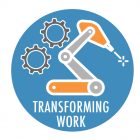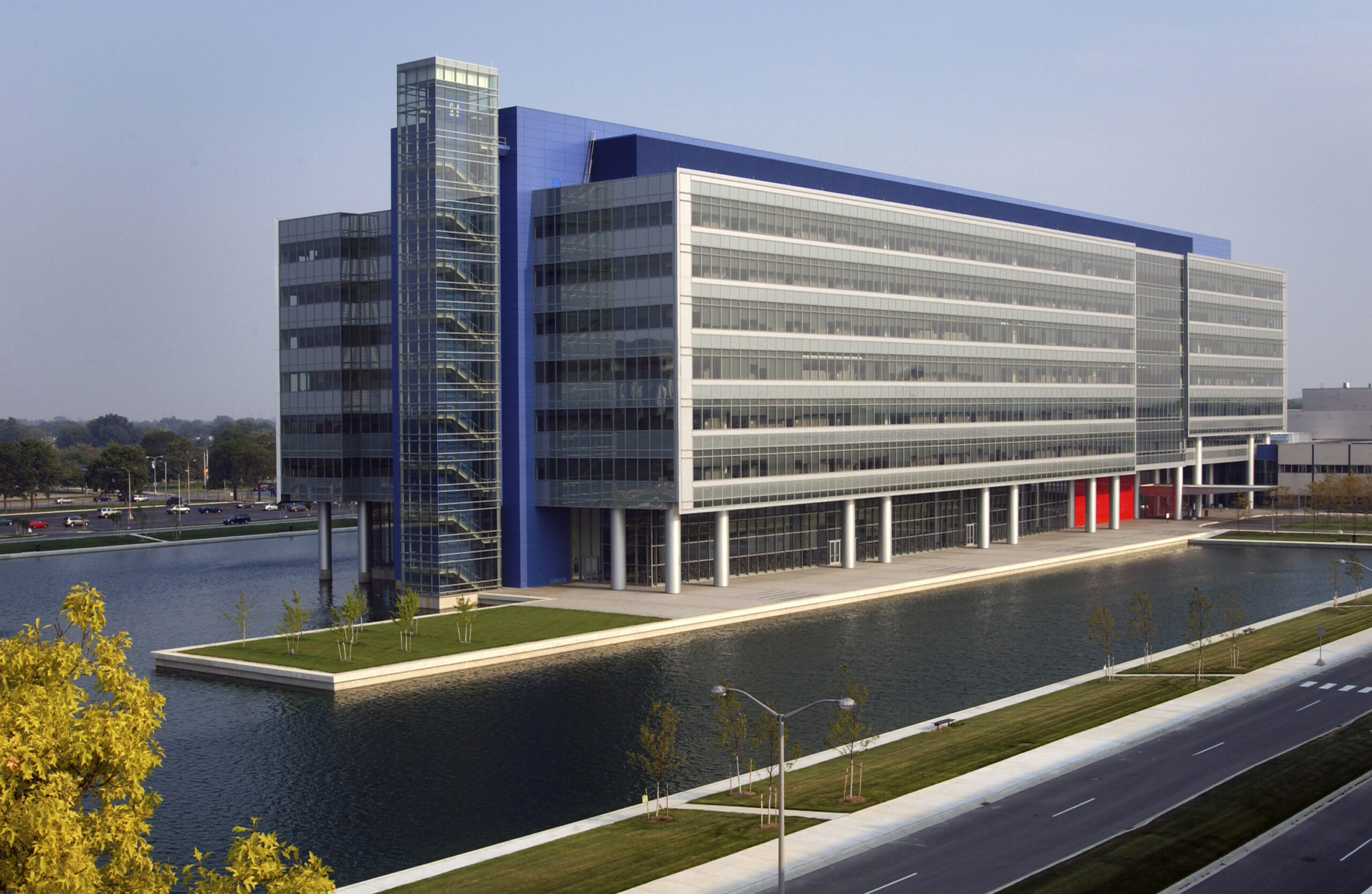
In 1979 General Motors employed 468,000 American hourly workers. 76 percent of their U.S. workforce. In 2021 General Motors employed 45,000 American hourly workers. 46 percent of their U.S. workforce.
Today 24,000 work at the General Motors Global Technical Center in Warren. Their average annual salary is $120,000. Around double what their highest paid hourly workers made. GM describes the Center as where the “the world’s best designers and engineers come together to help redefine the future of transportation”.
Last October General Motors unveiled their plan to double revenues by 2030. They titled their presentation to investors From Automaker to Platform Innovator. Yes you read that right: GM no longer defines itself as an automaker.
As the Detroit Free Press, in an article entitled GM’s new business model turns carmaker into a software company describes:
General Motors’ transition to all-electric vehicles will transform the century-old automaker into a software company that just happens to make hardware: cars.
In the new business model, the cars will be a platform to deliver GM-developed software to offer consumers services beyond their vehicle. Services that can be used in their homes and other areas of their lives, GM leaders say.
GM projects auto sales and financing will grow from $138 billion to $195-230 billion in 2030. With $90 billion from EVs. Software and new business is projected to grow from $2 billion to $80 billion in 2030. In addition to GM Defense, these new business ventures include:
- ULTIFI: End-to-end software platform to seamlessly deliver software-defined features, apps and services over-the-air
- OnStar Insurance: A centralized location for home and auto insurance needs.
- Cruise: Self-driving technology taking on challenges in hardware, AI, embedded systems, simulation, and infrastructure.
- Future Roads Using connected vehicle data to help cities make smarter infrastructure decisions
- BrightDrop: Reimagining commercial delivery and logistics for an all-electric future.
- GM Hydrotec: Affordable hydrogen fuel cell power solution for land, air and sea applications
- GM Energy: All-new product lines will provide cohesive energy management at the home, commercial and community level.
- GM digital retail platform: Whether it’s selling parts or vehicles, GM will meet customers where it’s most convenient for them.
GM the platform innovator will almost certainly have an even higher proportion of salaried employees in 2030 than today. And most––if not all––their employment growth between now and 2030 will be in salaried employees. Many of them high-paid professionals and managers.
Michigan needs a General Motors 2030 economic development strategy. One can make a strong case that today Michigan has a General Motors 1979 economic development strategy. A strategy designed for an economy that no longer exists, where a preponderance of good-paying jobs were hourly production workers.
GM is transitioning from automaker to platform innovator. Michigan needs to transform its economic development from factory-focused to knowledge-based focused.
Currently six in ten Michigan jobs do not pay enough to support a middle class household of three. No matter how low the unemployment rate, an economy where so few jobs pay enough to pay the bills and save for emergencies, retirement and the kids’ education is not a good economy.
Michigan needs an economic development strategy laser focused on more good-paying jobs.
GM has been an important driver of Michigan’s economy for more than a century. In 1979 their good-paying Michigan jobs were overwhelmingly hourly production workers. Today their good-paying Michigan jobs are predominantly professionals and managers who invent, develop, design and commercialize motor vehicles.
In 2030 GM’s good-paying jobs will be even more dominated by professionals and managers who invent, develop, design and commercialize the future of transportation and also software; insurance; infrastructure; energy; commercial delivery and logistics; and e-commerce good and services.
Michigan needs to be the place where GM can best succeed in all these businesses. If the state cannot make that case to GM––and to all the other companies in those businesses––the state will continue to be a state where a preponderance of jobs do not pay enough to be a middle class household of three.







